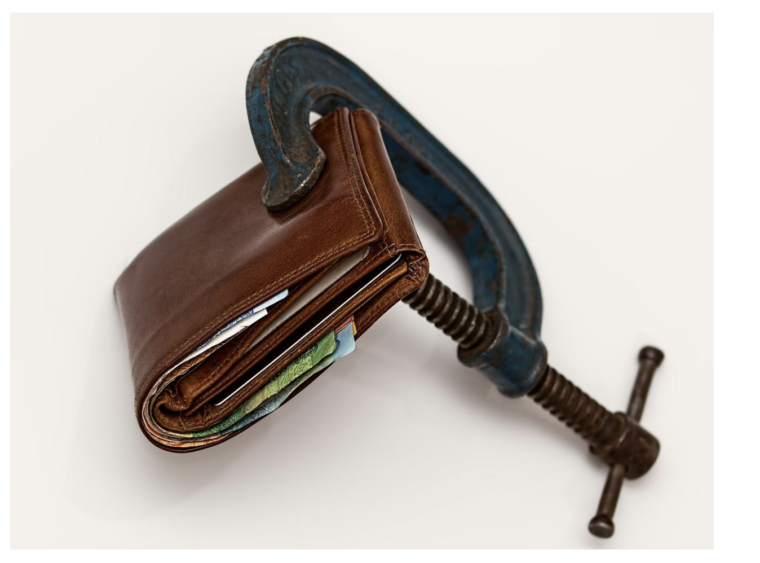How Unexpected Expenses Can Impact Your Budget
Image source: Pixabay
The best way to ensure you stay on top of you as planned. There will be incidents where you may have to deal with emergency medical expenses, vehicle repairs, home repairs, court cases, etc.
When in such situations, your entire budget runs, of course. This guide looks into how these unexpected expenses can impact your budget and offers ideas for mitigating them, so keep reading to learn more.
Disruption Of Your Plans
Having a budget and sticking to it can have your life flowing pretty smoothly. You have funds allocated for everything from bills, entertainment, school fees, and other recurring monthly bills.
With unexpected expenses, you may need to take money meant for something else to cover the expense, which means your plan doesn’t fit in anymore. It creates a vicious cycle of spending money in a manner you didn’t plan, which throws you off balance and no longer in control.
If you have some financial goals you are working towards, unexpected expenses could mean reprioritizing your goals, which can mean it will take you much longer to achieve them, or you will have to give up on them altogether. These goals include home ownership, investment, education investment, vacation savings, etc.
Debt Accumulation
Most people, when faced with unexpected expenses, resort to borrowing. While it can be a quick fix to the problem, it can also lead to a vicious cycle of debt accumulation, which impacts your finances in the long run.
There is a place and time for borrowing. Still, it’s best to have due diligence when borrowing to ensure you do not get into a situation that makes your situation worse, for example, by speaking to a financial expert. Remember, your debts will reduce your disposable income, so you may still need to readjust your plans after borrowing.
Stress
Being in control of your finances can be quite reassuring. The opposite is also true and can be a major stressor. Stress and finances are never a good combination as it can sometimes cause you to make poorly thought-through decisions that can get you into even more trouble.
You will inevitably feel stressed if you face unexpected financial expenses, but you do not have to make emotional mistakes. If your level of stress exceeds manageable levels, consider seeing a therapist.
There are several things you can do to mitigate the impact of unexpected expenses on your finances, such as:
Seek Compensation
If unexpected expenses result from another person’s negligence, such as medical expenses from an accident, you may have a right to compensation.
However, you may have to file a personal injury case requiring you to hire a lawyer for the best outcomes. You should fully recover all economic damages, encompassing every expense linked to the accident since you only need documentation such as receipts, invoices, and bank statements to prove them.
Get Financial Advice
The best time to seek financial advice is when facing a crisis because it can keep you from making mistakes that worsen your bad situation. Reliable financial institutions are not only focused on what they can make from you. They go further to provide financial advice to help their clients create the best way out of their situation.
It doesn’t have to be a financial institution. Anyone with a finance background can help. You can also leverage the countless online resources for help under your circumstances, but be cautious about who you listen to as there is all types of information out there.
Leading search engines like Google do a great job of ensuring users get the most sound and authoritative financial advice. Still, slip-ups are a possibility, so confirm the authoritativeness of an outer before trusting them.
Final Words
Navigating through the storm of unexpected expenses requires resilience and a strategic approach.
By understanding the potential impact on your budget and considering mitigation strategies, you can guard against long-term financial setbacks, by seeking compensation, getting sound financial advice, or adjusting your spending plan.
Remember, staying informed and prepared is key to managing your finances effectively. Shifts happen, plans change – but with the right tools and knowledge, you maintain control over your financial future.
Stay proactive about your budgetary health (don’t wait for surprises to find solutions).

